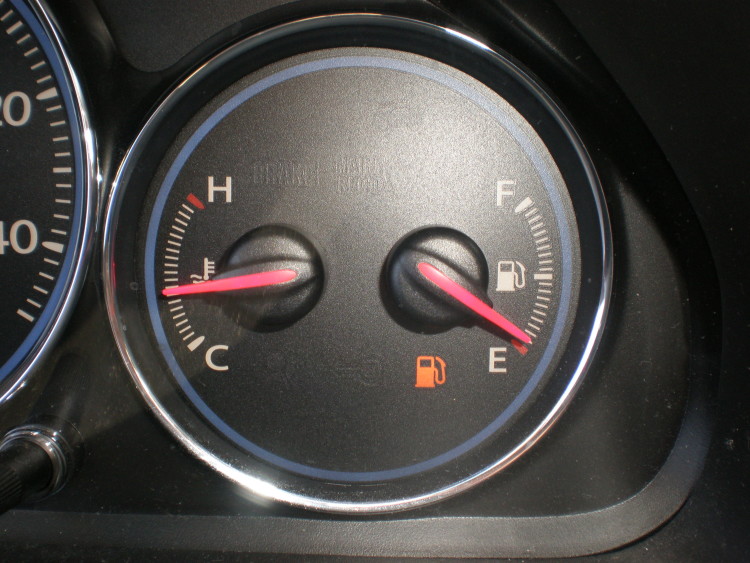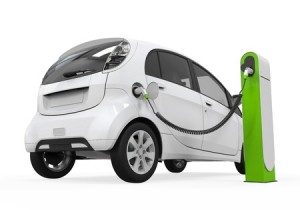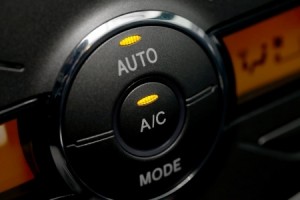What Causes my Car to Overheat?
 Most of the dials on a person’s dashboard are easy to understand and interpret. Everyone knows what makes your speedometer increase and your fuel gauge decrease, but what about your car’s temperature gauge? What causes the dial to creep up towards the big “H”?
Most of the dials on a person’s dashboard are easy to understand and interpret. Everyone knows what makes your speedometer increase and your fuel gauge decrease, but what about your car’s temperature gauge? What causes the dial to creep up towards the big “H”?
There are three main reasons why a car might overheat. They are:
- Loss of coolant
- Inability of the coolant system to get rid of excess heat
- Excess heat in the engine
We’ll examine common problems that cause all three of these issues.
Loss of coolant
Coolant helps regulate the heat in your car. If your coolant is empty, certain parts will begin to “run hot”. If your car’s internal systems begin to overheat, it can cause serious and expensive damage. Leaks in your water pump, radiator, hoses, gaskets or plugs can lead to the loss of engine coolant. Another simple reason why your car may be leaking coolant is because your radiator rap is loose, which allows coolant to spill out. These are usually the first places a mechanic will check to identify the problem with your heating system.
Inability of the coolant system to get rid of excess heat
If the coolant system is unable to flush out the heat produced by the engine, your car will begin to overheat. This usually occurs because there is a clog in the cooling system. Deposits in your cooling system can develop over time, so it’s important to make sure you get routine diagnostics tests. A mechanic will attempt to de-clog the system by doing what is called a “reverse flush”. If your system is extremely clogged, it may be wiser to have the system replaced.
Excess heat in the engine
A working engine typically coverts about one third of the energy derived from the combustion of fuel into work that powers the vehicle. That means about two thirds is converted into heat, which needs to be removed from the engine. Half of the heat in the engine exits the vehicle through the exhaust pipe, while the other half is removed by the coolant. If all the hoses and fluid levels are in working order and your engine is still overheating, you might want to check what type of coolant you are using. Generally speaking, a 50/50 coolant-to-water ratio is recommended. You should double check to make sure the coolant you use has the proper ratio as specified in your owner’s manual.
-
More Minnesotans Opting For Electric Cars
 Jul 23, 2014
Jul 23, 2014More Minnesota families are searching for an electrical outlet instead of a gas station after a summer road trip. The Star Tribune recently published a story on the surge in electrical cars, saying that Minnesota is one of the more popular states for hybrid vehicles. “According to the Electric Power Research Institute, the state had […]
-
Self-Driving Cars Could Prevent Up To 90% Of Accidents
 Mar 11, 2015
Mar 11, 2015A new study by the consulting firm McKinsey & Company suggests that widespread acceptance of self-driving cars could reduce traffic accidents by up to 90 percent. The study suggests that mass adoption of self-driving vehicles will occur in about 15 years, and this could be bad news for collision centers. According to the study, mass adoption of […]
-
Why Isn’t My Car’s Air Conditioning Working?
 Apr 16, 2014
Apr 16, 2014Spring is here, and if you’re like us, you’ve already taken a drive with the windows down at least once. Temperatures are only going to rise, and soon enough you’ll be turning that dial on your dashboard from heat to cool air to AC. Air conditioning is a nice luxury that most people don’t give […]




